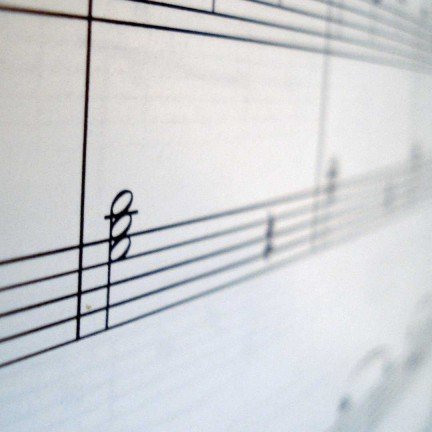

State of the art in musicogenic epilepsy: A review of the scientific literature. Musicogenic epilepsy in adults: Epileptogenesis and management update. The potential mechanism of musicogenic epilepsy and future research avenues.

(2023). Musicogenic seizures in temporal lobe epilepsy: Case reports based on ictal source localization analysis. Musical hallucinations are uncommon phenomena characterized by intrusive and frequently distressful. You can learn more about how we ensure our content is accurate and current by reading our editorial policy. Epilepsy has also been observed in patients with anti-IgLON5 disease, although only rarely. Healthline has strict sourcing guidelines and relies on peer-reviewed studies, academic research institutions, and medical associations. Her seizures were triggered by contemporary hit radio songs. an inability to recall names of everyday objects for up to 30 minutes ( anomia).an ability to continue her current activity during a seizure Although case reports have described musical hallucinations, seizures manifested as auditory hallucinations have been reported infrequently musical.an inability to speak during her seizures.feeling like time expanded during her seizures.The second person was a 40-year-old woman with type 1 diabetes who had an average of 3 seizures per day. a rising sensation in her abdomen attributed to fear.

She experienced seizures that lasted up to 1 minute when listening to music that she liked. The first person was a 30-year-old woman with a history of type 1 diabetes. Auditory hallucinations and illusions Olfactory and gustatory hallucinations.

In a 2023 study, researchers reported two cases of people with musicogenic seizures. One study written in Spanish reported that some people experienced seizures accompanied by pleasant feelings. Musicogenic seizure symptoms reported in case studies include: This means they are isolated to one side of the brain and cause impairments in consciousness. The seizures that occur in musicogenic epilepsy are usually complex focal seizures. The main symptom is sudden seizures that occur while listening to or playing music. We, therefore, conclude that musical hallucinations in epilepsy open a window to understanding these phenomena in a variety of conditions.Īntiepileptic Auditory hallucination EEG MEG Musical hallucinosis Pharmacotherapy.Most of what’s known about musicogenic epilepsy comes from small studies in which researchers analyzed one person or a small number of people with this specific type of epilepsy. An analysis of phenomenological characteristics, pharmacological triggers, and treatment effects suggests wider ramifications for understanding musical hallucinations. To account for the underlying mechanism we propose a Bayesian model involving top-down and bottom-up prediction errors within the auditory network that incorporates findings from EEG and MEG studies. Evers and Ellgers compiled a significant portion of musical hallucination articles, case studies etc. In addition, investigators have pointed to factors that are associated with musical hallucinations. Most people find their musical hallucinations obtrusive, and wish to be rid of them, while others welcome them. The case descriptions suggest that musical hallucinations in epilepsy can be conceptualised as lying on a continuum with other auditory hallucinations, including verbal auditory hallucinations, and-notably-tinnitus. Musical hallucinations can occur in people who are physically and mentally healthy, and for them, there is no known cause. Based on the phenomenological descriptions and neurophysiological data, we distinguish four subgroups of epilepsy-related musical hallucination, comprising auras/ictal, inter-ictal and post-ictal phenomena, and phenomena related to brain stimulation. We also describe six of our own patients. Our search yielded 191 articles, which together describe 983 unique patients, with 24 detailed descriptions of musical hallucinations related to epilepsy. We, therefore, reviewed the literature, and assessed all descriptions of musical hallucinations attributed to epileptic activity. Their relation with epilepsy was first described over a century ago, but never systematically explored. Musical hallucinations are poorly understood phenomena. Available evidence suggests that stimu- lant treatment for ADHD symptoms in children with epilepsy maintained on ef.


 0 kommentar(er)
0 kommentar(er)
